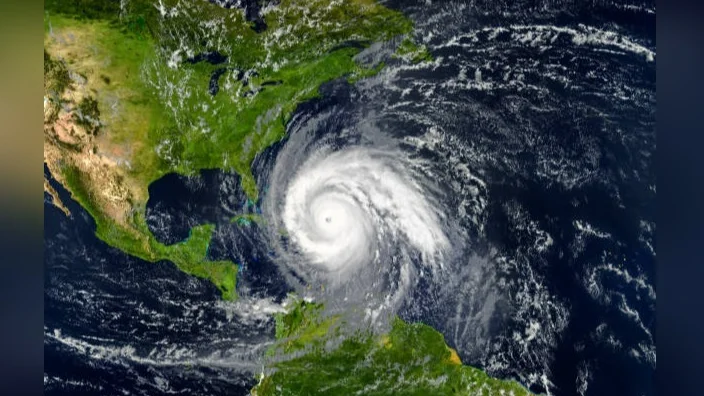Many people recall practicing fire drills during school, but it's crucial to have a plan for home fires, especially with young children. Kevin Vogelpohl, Emergency Management Director at Boone County, advises families to discuss fire safety with their children. "Spend some time having an age-appropriate conversation with your children about what to do in case of a fire," he says. He emphasizes that the discussion doesn't need to be frightening and can include teaching about preparedness.
A comprehensive family fire plan should incorporate working smoke alarms, methods to slow the spread of fire, escape routes, an outside meeting place, and how to contact emergency services.
To ensure smoke alarms are functional, test them regularly and change batteries when clocks are adjusted for daylight saving time. To slow a fire's spread while exiting quickly, close doors behind you and have appropriate extinguishers available. It's important not to use water on oil fires; instead, use baking soda or a kitchen extinguisher.
Mapping out escape routes is essential. Identify two exits per room in case one is blocked by fire. Teach children safety measures like checking door handles for heat and staying low to avoid smoke inhalation. Assign family members specific tasks if assistance is needed for pets or vulnerable individuals.
Establishing an outside meeting place is critical for regrouping safely after evacuation. Choose a specific location such as a neighbor's yard or porch and ensure everyone knows it.
Knowing how to contact emergency services is vital. Once safe outside, call 911 immediately. Even young children can learn this skill through practice with play phones and role-playing potential questions from dispatchers.
In 2023 alone, Boone County Public Safety Communications Center received over 30,000 fire-related calls. Despite some being false alarms, local fire districts remain prepared to respond promptly.
Regularly practicing the plan ensures all family members know what actions to take during an emergency and allows for updates as needed.
 Alerts Sign-up
Alerts Sign-up






